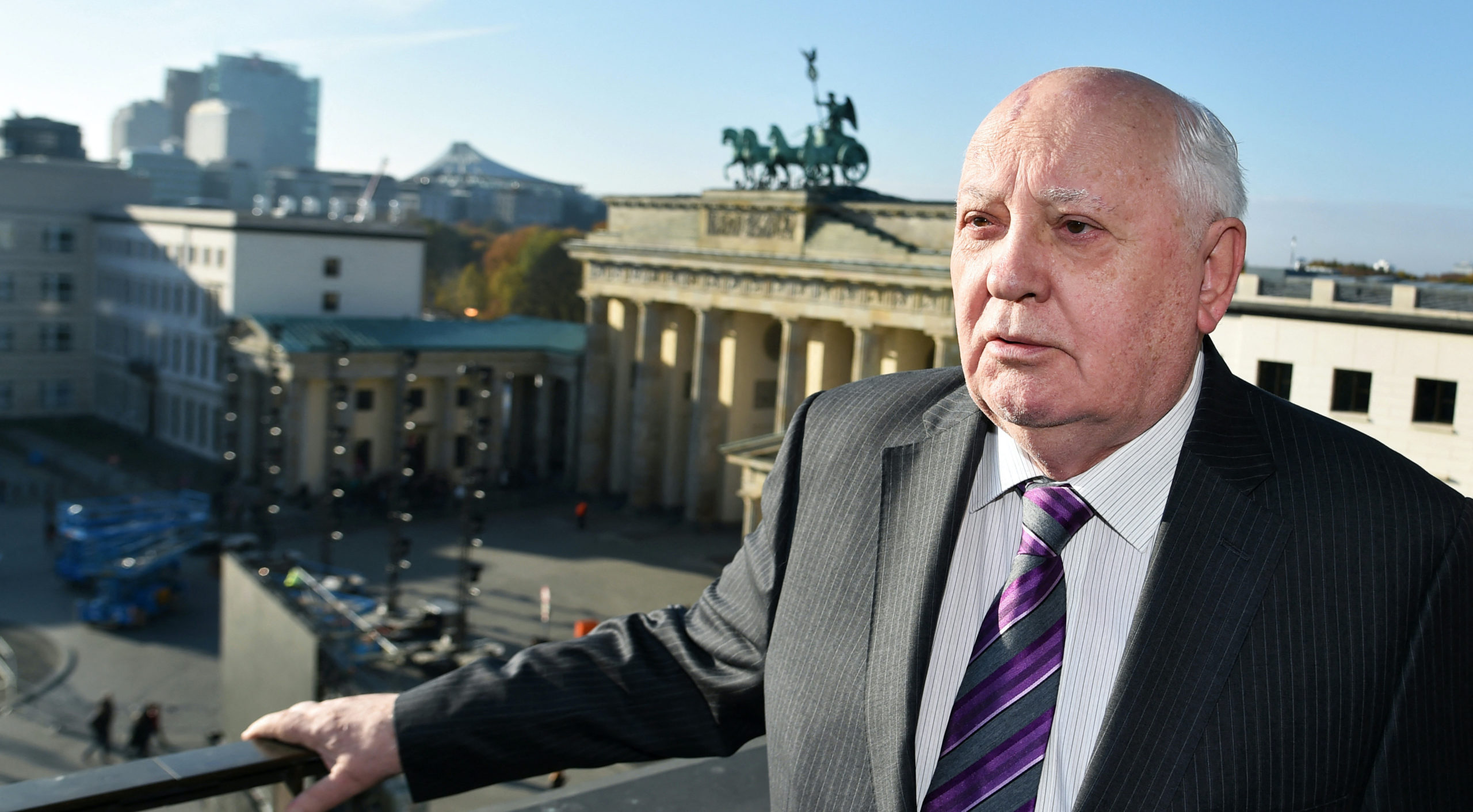Mikhail Gorbachev, who passed away in Moscow on August 30th, is known for two things: ending the Cold War, and collapsing the Soviet Union. The former he did by choice, the latter he did his best to avoid. The Cold War’s end derived from his Leninist faith; the Soviet Union’s demise came when he abandoned that faith.
Gorbachev shaped generations of European foreign policy towards Russia, most notably that of Angela Merkel, whose defining experience was witnessing Soviet troops standing down as the Berlin Wall crumbled. But his actions were guided not by benevolence but by the misguided belief it would enable the Soviet Union to focus on protecting its internal cohesion.
Gorbachev did not idly stand by as the Soviet Union collapsed. In most former Soviet territories, his legacy is shaped by the violence that proliferated at the end of his rule, particularly in the Baltics and the Caucasus. He fought to retain the Soviet Union, cracking down on pro-independence protests.
Gorbachev may have been a genuine reformer, but he was also a card-carrying communist. His reforms and the internationalism represented by his withdrawal from the Cold War battlefield were an attempt to restore the Soviet state to the Leninist mission he believed Stalin and his ilk had corrupted. In response to unrest in the ethnic republics, Gorbachev sought to refashion the USSR as a new ‘Union of Sovereign States,’ keeping Leninist internationalism at the core of his planned cure for USSR’s ills, even as rivals such as Boris Yeltsin abandoned the Communist Party. Gorbachev only allowed the Soviet Union to breathe its last when he lost his faith.
Gorbachev’s resignation was not sparked by an epiphany. He even signed off on the Soviet Union’s dissolution on December 25th 1991 with resignation, noting that “the policy prevailed of dismembering this country and disuniting the state, with which I cannot agree”. Communism went unmentioned.
In later life, it became clear Gorbachev had abandoned his Leninist beliefs. By 1997 he was filming ads for Pizza Hut; 10 years later it was Louis Vuitton. He remained an advocate for peace, though his illness and Vladimir Putin’s system of information control meant there was no open denunciation of the invasion of Ukraine. A confidante claimed he opposed it, describing it as the death-knell to his legacy. But Gorbachev, like Putin, had wanted to retain sovereignty over Ukraine.
What sets Gorbachev apart from Putin, and any other leader of a great power, was that he begrudgingly realised his vision was an illusion. He was the wrong man, at the right time.










Join the discussion
Join like minded readers that support our journalism by becoming a paid subscriber
To join the discussion in the comments, become a paid subscriber.
Join like minded readers that support our journalism, read unlimited articles and enjoy other subscriber-only benefits.
Subscribe